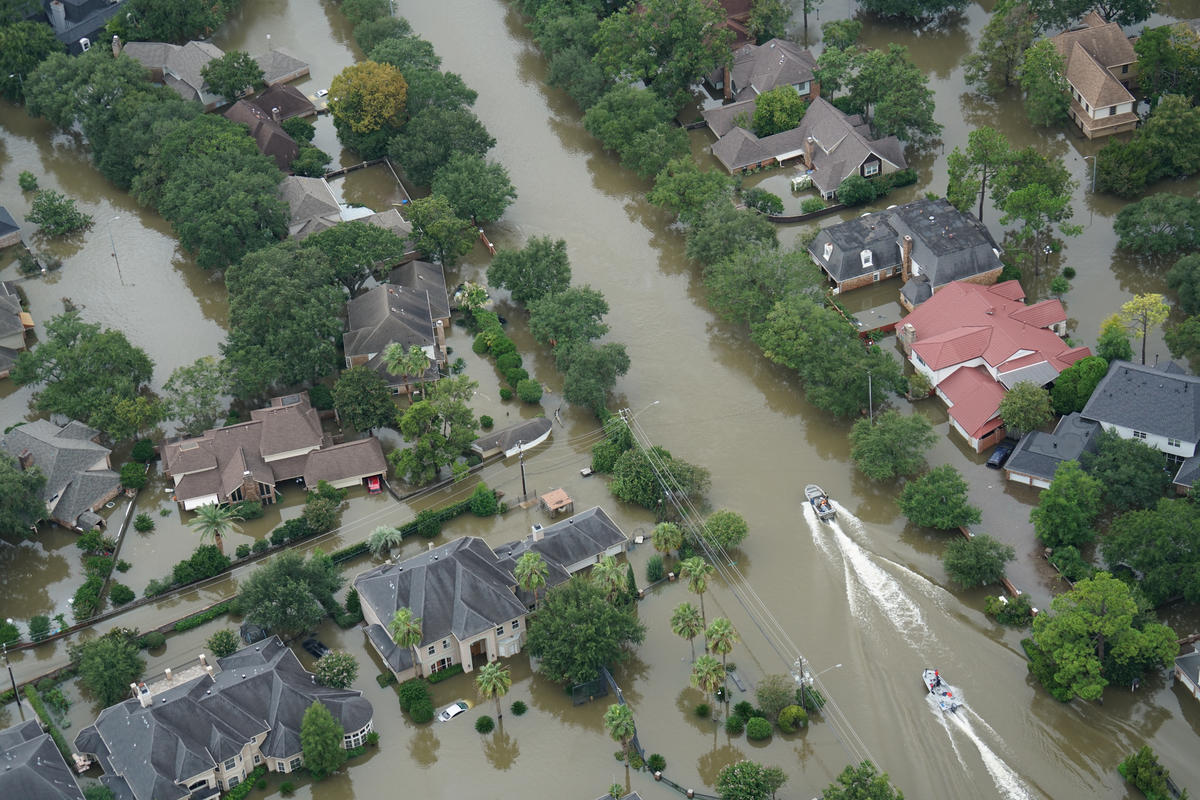Mankiw's Argument Against Cap-and-Trade
The author of today’s post, Nat Keohane, Ph.D., is Director of Economic Policy and Analysis at Environmental Defense.
In yesterday’s New York Times, Harvard economics professor N. Gregory Mankiw, advisor to President Bush and presidential candidate Mitt Romney, threw his hat into the climate policy ring. Mankiw called for an international carbon tax to address global climate change.
We’re glad that a highly regarded academic economist is calling for serious action to stop global warming. But we part ways with his prescription for what action to take.
As readers of this blog know, Environmental Defense strongly supports a cap-and-trade system rather than a carbon tax. Under cap-and-trade, the government would establish a firm cap on carbon dioxide (CO2) and other greenhouse gases, and create a number of "allowances" equal to the number of allowable tons of pollution. The key to the system is that companies can trade allowances among themselves, letting the market find the cheapest way to cut emissions.
Why is this better? We need a hard cap on carbon to ensure that greenhouse gas concentrations don’t reach dangerous levels. A tax would provide some incentive for reducing emissions, but it would leave the amount of reductions up in the air – literally. Moreover, a tax wouldn’t provide the same spur to innovation that an emissions market would. A carbon tax would only give us technologies that are cheaper than the tax – it caps innovation rather than emissions.
Prof. Mankiw gives two reasons for supporting a tax over a cap-and-trade system. First, he argues that a carbon tax would raise revenue that could be used for other purposes, such as reducing the federal payroll tax. But carbon tax revenues could just as easily be returned to power companies and other carbon emitters. A carbon tax is not a magic wand to ward off the scramble for spoils that accompanies any new source of revenue in Washington.
Mankiw assumes that allowances in a cap-and-trade system would be handed out for free rather than auctioned, thus generating no federal revenue. Now, I admit that this has been the modus operandi in the past. Virtually all allowances were handed out for free under the wildly successful sulfur dioxide trading program in the U.S., set up by the 1990 Clean Air Act Amendments (for details, see From Obstacle to Opportunity [PDF]). But that doesn’t mean it has to be that way.
The alternative, full auctioning, would raise exactly the same amount of money as a carbon tax, and there are signs that it’s gaining ground. Earlier this year, several states participating in the Regional Greenhouse Gas Initiative, including New York and New Jersey, announced plans to auction off 100 percent of their allowances. Plus there are calls to phase in auctioning in the European Union’s Emissions Trading System.
Mankiw’s second argument rests on the dubious assertion that a global carbon tax would be "easier to negotiate" than an international cap-and-trade system. But this flies in the face of economics and political reality, as well as the expert judgment of many economists who have studied this topic in detail.
For an international system to minimize costs, the marginal cost of emissions reductions must be the same everywhere – that is, the cost of cutting a ton of CO2 must be the same in Beijing and Boston. This means that the tax must be the same everywhere. Does anyone think that China and India would – or should – accept the same carbon tax as the U.S. and Europe?
An international cap-and-trade system is a more natural framework for inviting participation by developing countries. It provides an automatic mechanism for rich countries to compensate poor countries while still taking advantage of the low-hanging fruit (the cheap emissions reductions) that are possible in the developing world. It’s the difference between saying to China and India and the rest of the developing world, "If you join this international agreement, you can tax your citizens!" versus "If you join this international agreement and accept a binding cap, you can sell permits into our market!"
Another key to minimizing costs is achieving the widest possible participation. In addition to China and India, a cap-and-trade framework provides incentives for tropical forest nations to reduce deforestation – a proposal our international team calls Compensated Reduction. A carbon tax would do nothing to address the deforestation problem, which accounts for 20 percent of greenhouse gas emissions.
And don’t just take our word for it. Despite Mankiw’s claim that there is "consensus" among "policy wonks," there are plenty of academic economists with much more experience in climate who have called for international emissions trading rather than a carbon tax. Take, for example, Robert Stavins, a colleague of Mankiw’s at Harvard and a leading authority on climate policy. Stavins argues that an international emissions trading system makes much more sense than a carbon tax for many of the reasons I’ve given here. (Full disclosure: Stavins was my Ph.D. advisor. But then again, Mankiw was my macroeconomics professor.)
Finally, the most important point is the simplest to state. The fundamental reason to enact climate policy is to protect the climate, not to raise government revenue. In other words: It’s the environment, stupid. And the best way to protect the climate is to establish firm caps on emissions, and let the market figure out how to meet them at the lowest possible cost.













4 Comments
I am sure the intentions are all good, but we are talking about climate and we didn’t even define it yet. whatisclimate.com defines aspects related to climate and wants to give a definition about what climate is.
People will have more objective plans as soon as they will be able to define their goal, and not guess now and then in order to take action.
Here’s the definition of climate, from a previous post.
“Weather is a short-term, local phenomenon. Climate is the average weather pattern of a region over many years.”
To read more, click on the link.
I don’t see how the arguments have to be either/or. A tax on carbon will be useful to invest and subsidies
alternative energies. A cap and trade will let the market find the fastest solution to reduced the production of CO2.
For what I read, Spain has already achieved a 30% of their energy from alternative energies. Neither has a tax on carbon nor has cap and trade been passed as law in the world.
From the natives in Venezuela, they think we are crazy. Killing the earth to buy things that eventually we would all lose.
Hi there. I really appreciate the great points you made. I dont think Ive actually thought about it in that way. I can really appreciate how you approached the subject matter and what you said really gave me a new perspective. Thanks for taking the time to write this all out. Fantatic precise info.